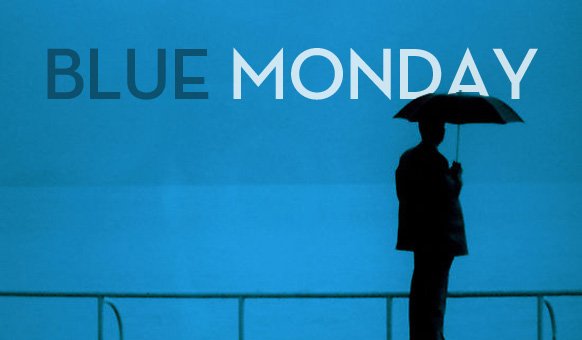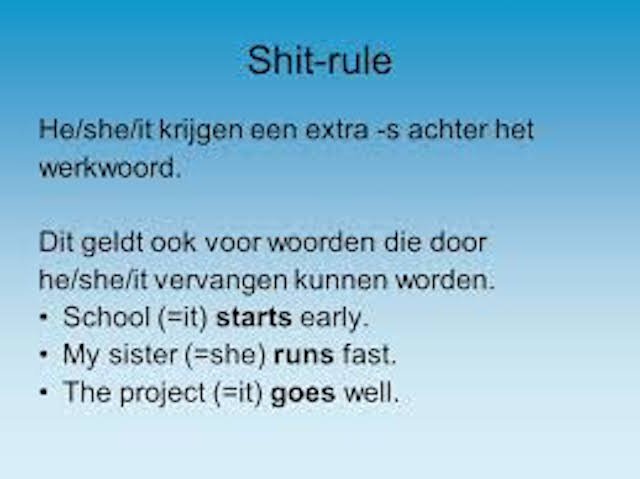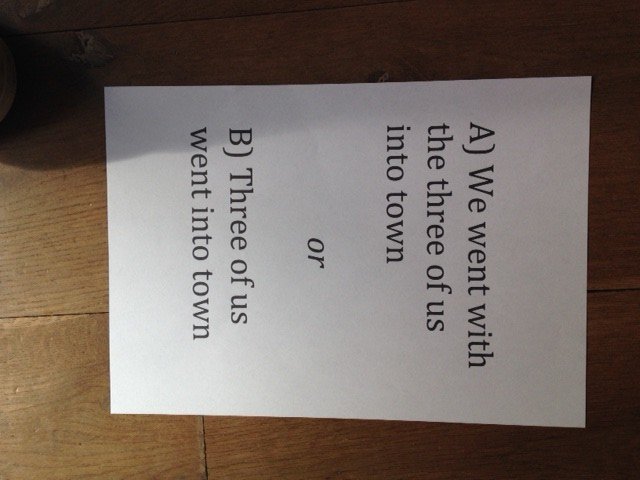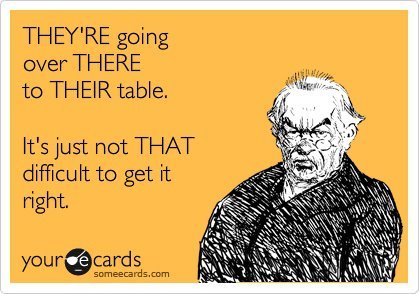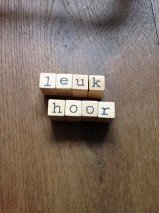At Christmas (not ‘with Christmas’)
When referring to Christmas, Easter and New Year, English speakers use ‘at’and not ‘with’. We look forward to seeing you at Christmas (not with Christmas). Be careful, however, of the difference between the following: See you at New Year & See you on New Year’s eve Laura



